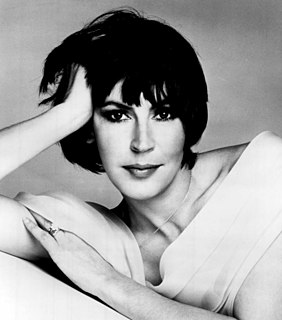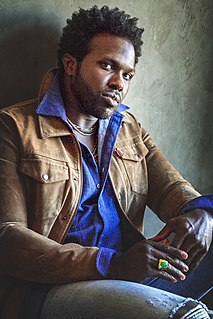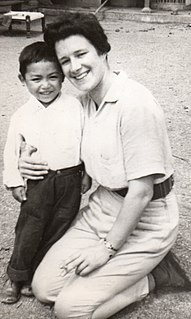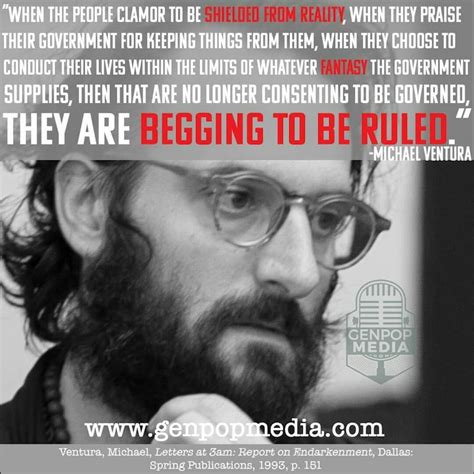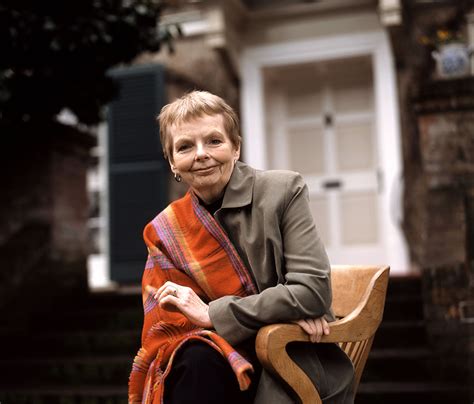A Quote by Steven Millhauser
I think of childhood as an explosion of creativity. For most people, growing up and earning a living means leaving all that behind. But an artist never leaves that behind. Edwin Mullhouse was my way of exploring the child as artist and, under the guise of childhood, something larger.
Related Quotes
Now the expectation is that, once the public decides that the artist is gentrified, the public demands that the artist stop growing. And [the public] actually puts all their energy into reasserting or re-establishing what the artist has long ago left behind. Because that's what they want. The source of creativity, the gift that's been given, be damned.
Many of them [people who escaped religion] recounted both the terror and the relief they felt after leaving religion behind. Terror at realizing there was no longer an imaginary friend; relief that no one was looking over their shoulder any more. Several described the experience as similar to that of a child learning to go to sleep without a favorite teddy bear. Others described it as simply growing up or outgrowing the need for the imaginary friends of childhood.
Everyone's got something that they've held onto from their childhood or from a past relationship, someone who's told you what you are, and it's leaving all that behind and living a happy life and realizing that a lot of that is inside you - really uncovering that. The story - those themes - are heavy themes that everyone can connect to.
perhaps there is something more than courtesy behind the dissembling reticence of childhood. ... Most artists dislike having their incomplete work considered and discussed and this analogy, I think, is valid. The child is incomplete, too, and is constantly experimenting as he seeks his own style of thought and feeling.
Growing up means letting go of the dearest megalomaniacal dreams of our childhood. Growing up means knowing they can't be fulfilled. Growing up means gaining the wisdom and the skills to get what we want within the limitations imposed by reality - a reality which consists of diminished powers, restricted freedoms and, with the people we love, imperfect connections.
I find myself drawn to that period where children are about to leave childhood behind. When you're 12 years old, you still have one foot in childhood; the other is poised to enter a completely new stage of life. Your innocent understanding of the world moves towards something messier and more complicated, and once it does you can never go back.
The achievement of freedom is hardly possible without the felt mourning. This ability to mourn, i.e, to give up the illusion of a happy childhood, can restore vitality and creativity if a person is able to experience that he was never loved as a child for what he was, but for his achievements, success and good qualities. And that he sacrificed his childhood for this love, this will shake him very deeply.





